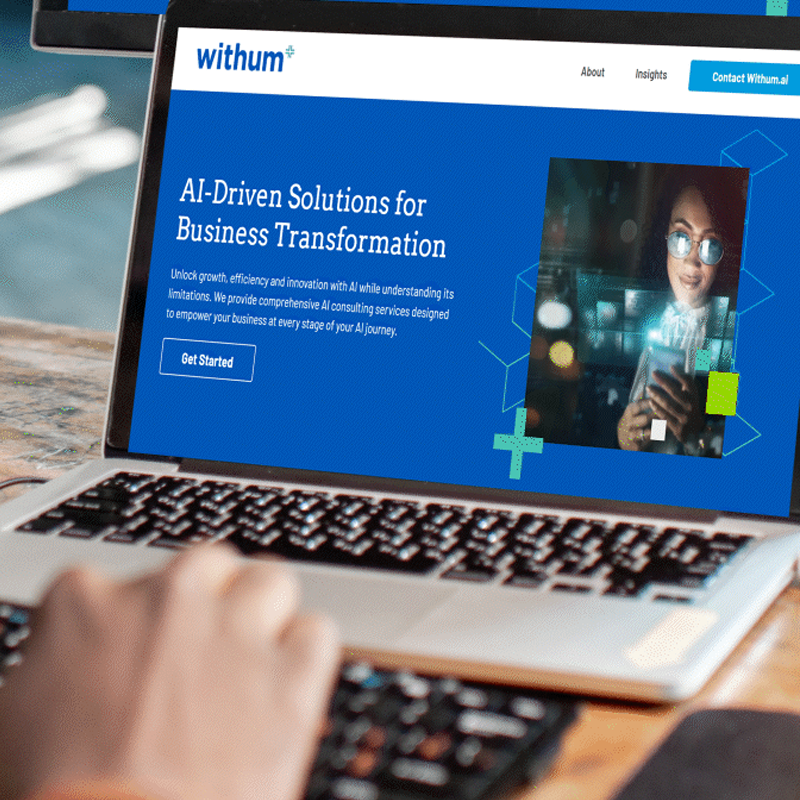As artificial intelligence (AI) becomes deeply embedded in Microsoft Power Platform—through tools like AI Builder, Copilot and Power Automate—organizations face a new imperative: to ensure that these powerful technologies are used ethically, transparently and responsibly. This practical guide on ethical technology outlines frameworks and best practices for implementing responsible AI and automation, mitigating bias and fostering ethical technology and practices within Power Platform solutions.
Why Ethical AI and Responsible Automation Matter
AI-driven automation can unlock tremendous value—streamlining workflows, surfacing insights and empowering users across business functions. However, without thoughtful design and governance, AI can also introduce risks: bias in decision-making, lack of transparency, privacy breaches and unintended negative impacts. Microsoft and industry leaders emphasize that ethical AI is not just a technical challenge but a business and societal responsibility.
Core Principles of Responsible AI
Microsoft’s Responsible AI framework, which underpins Power Platform, is built on six core principles:
- Fairness: Ensure AI models treat all users and groups equitably. Use diverse, representative data and regularly audit for bias.
- Reliability and Safety: Build AI systems that are accurate, dependable and prioritize user safety.
- Privacy and Security: Protect user data and ensure compliance with privacy regulations. Implement robust security controls.
- Inclusiveness: Design solutions that are accessible and valuable to all, considering diverse needs and perspectives.
- Transparency: Clearly communicate how AI is used, how decisions are made and provide explanations for outcomes.
- Accountability: Assign clear responsibility for AI system outcomes and establish governance for continuous oversight.
AI Solutions for Your Business
Explore withum.ai, your go-to resource for AI strategy, implementation and responsible adoption. Find practical insights and expert guidance to help your business effectively navigate the AI landscape.
Practical Guide: Implementing Ethical AI in Power Platform
1. Bias Mitigation and Fairness
- Use Diverse Training Data: When building or training AI models in AI Builder, ensure datasets are representative of all user groups. Avoid using historical data that may encode past biases.
- Regular Audits: Periodically test models for disparate impact. Use tools to identify and correct bias in predictions or recommendations.
- Human-in-the-Loop: Incorporate human review steps in automated workflows, such as approval flows in Power Automate, especially for decisions with significant business or ethical impact.
2. Privacy and Security
- Data Minimization: Only collect and process data necessary for the AI solution’s purpose.
- Compliance: Leverage Power Platform’s built-in compliance controls and align with organizational privacy policies and regulations (e.g., GDPR, HIPAA).
- Secure Access: Use role-based access controls and audit logs to monitor who can access sensitive data or AI-driven insights.
3. Transparency and Explainability
- User Awareness: Clearly indicate when users interact with AI-driven features (e.g., Copilot suggestions, automated decisions).
- Documentation: Maintain documentation on how AI models were developed, what data was used and how outcomes are determined.
- Explainable Outputs: Where possible, provide explanations for AI-driven recommendations or actions, helping users understand and trust the system.
4. Accountability and Governance
- Define Roles: Assign responsibility for AI model development, deployment and monitoring within your Power Platform Center of Excellence or governance team.
- Ethics Committees: Consider establishing an internal AI ethics committee or review board to oversee high-impact automation projects.
- Continuous Monitoring: Regularly review AI system performance, update models as needed and solicit user feedback to identify and address unintended consequences.
5. Responsible Automation Practices
- Test Before Deploying: Thoroughly test AI models and automation flows in development environments before production rollout.
- Review Generated Content: For generative AI scenarios (e.g., Copilot, text summarization), implement approval steps to validate outputs before they are used in business processes.
- Inclusive Design: Involve diverse stakeholders in solution design and testing to ensure accessibility and minimize exclusion.
Frameworks and Resources
- Microsoft Responsible AI Standard: Follow Microsoft’s published guidelines and standards for responsible AI development.
- Toolkits and Checklists: Use available checklists for bias assessment, privacy impact analysis and transparency documentation.
- Training: Leverage Microsoft’s learning paths and courses on responsible AI for ongoing team education.
Ethics in technology is not optional—these practices are essential for building trust, reducing risk and maximizing the value of Power Platform solutions. By embedding fairness, transparency, privacy and accountability into every stage of your Power Platform projects, you comply with best practices and regulations and create more robust, inclusive and impactful business solutions. By following these ethical technology frameworks and best practices, organizations can confidently harness the power of AI-driven automation in Power Platform—responsibly and ethically—for the benefit of all stakeholders.
Contact Us
Don’t leave your AI implementation to chance. Discover how to build responsible, transparent and fair automation solutions that drive business value while protecting your stakeholders.







